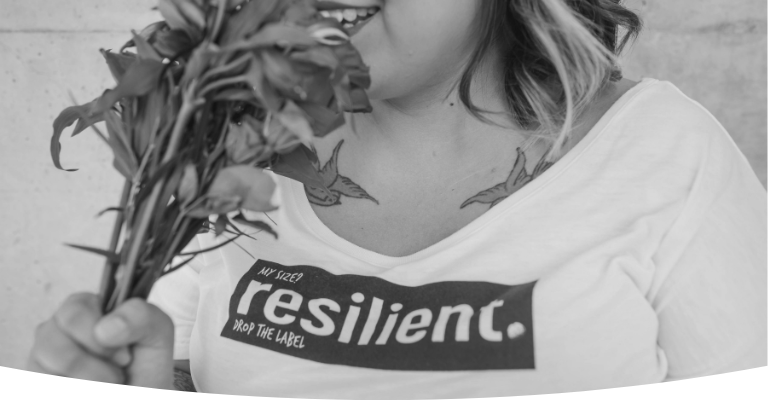DV West has a demonstrated long-standing connection and commitment to Aboriginal women, children and communities.
We recognise that domestic violence and family violence within the Aboriginal Community is rooted in the colonisation process and the dispossession of land and culture, often through violent and abusive means. Domestic violence experienced by Aboriginal women and children must be understood in a cultural, spiritual, holistic context and to take into consideration kinship network and communities and the diversity of each with its own mixture of culture, customs and language.
Experienced Aboriginal staff are employed to provide sensitive and culturally appropriate services to Aboriginal women and children for all our services. DV West has a refuge that is for Aboriginal women and children, called Wirrawee Gunya. The service is staffed by skilled Aboriginal women.
At DV West culturally sensitive support for Aboriginal women and children is not limited to Wirrawee Gunya but reaches across the whole service. DV West is committed to having a RAP and providing a culturally safe and supportive workplace and services and to work to address the ongoing injustices that continue to occur today and advocate for solutions and change.
The RAP will demonstrate and guide our development of stronger relationships with Aboriginal people and organisations and will unite our staff in maximising the wellbeing of the Aboriginal women and children in our service and organisation.

DV West RAP was launched in June 2024
DV West has established a working group to implement the RAP.
Here is a list of the members:
- Chief Executive Officer
- Manager of Aboriginal Services & Development
- Executive Assistant
- DVRE Manager
- Nepean Manager
- Blue Mountains Manager
- Blue Mountains Case Worker
- Blacktown/Hills Aboriginal Specialist Worker
The objectives of the Working Group are:
- To develop a Reconciliation Action Plan within the context of DV West’s core business and in-line with the overarching strategic or business plan;
- Establish a collaborative and consultative process for engaging staff across the organization so that they can provide ideas for the Reconciliation Action Plan;
- Develop a project plan and timeline to develop, launch and being implementing the Reconciliation Action Plan including consultation with Reconciliation Australia;
- Reflect on key learnings in the development of a new Reconciliation Action Plan


